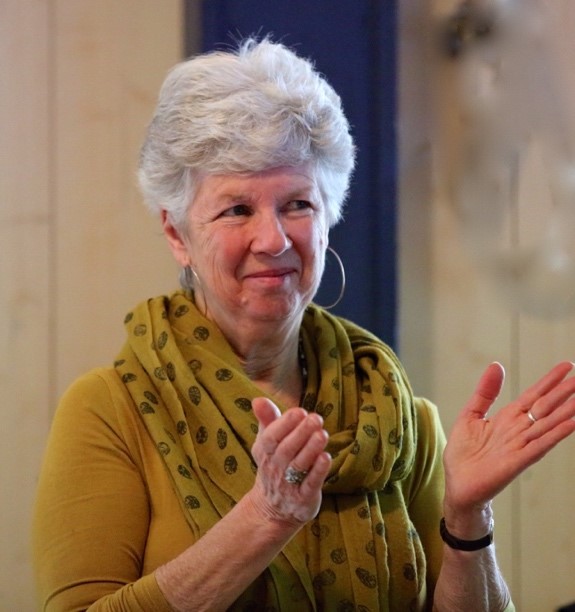New publication: The developmental origins of phonological memory
Posted on 24 February 2022

Prof Marilyn Vihman (Department of Language and Linguistic Science) is author of “The developmental origins of phonological memory. Psychological Review”, a recently published article featured in the American Psychological Association (APA) PsycNet portal.
The developmental origins of phonological memory. Psychological Review.
Phonological memory, or the ability to remember a novel word string well enough to repeat it, has long been characterised as a time-limited store. An alternative embodiment model sees it as the product of the dynamic sensorimotor (perceptual and production) processes that inform responses to speech. Keren-Portnoy et al. (2010) demonstrated that this capacity, often tested through nonword repetition and found to predict lexical advance, is itself predicted by the first advances in babbling. Pursuing the idea that phonological memory develops through vocal production, we trace its development—drawing on illustrative data from children learning six languages—from the earliest adult-like vocalisations through to the first words and the consolidation of early words into an initial lexical network and more stable representational capacity. We suggest that it is the interaction of perceptual and production experience that mediates the mapping of new forms onto lexical representations.
To access the publication from APA PsychNet: https://doi.org/10.1037/rev0000354
“Working on this paper - an offshoot of the ABRALIN talk I gave in June 2020 - kept me happily busy during the worst of the isolation in lock-down (‘sheltering in place’) that autumn. It is a follow-up to the paper Tamar Karen-Portnoy and other colleagues and I published in 2010 in Journal of Language, Speech and Hearing Research, but above all it links up with work done by Dylan Jones and Bill Macken at Cardiff, integrating our work on first word learning with their experimental studies of short-term memory in adults.” - Prof Marilyn Vihman (Department of Language and Linguistic Science)
